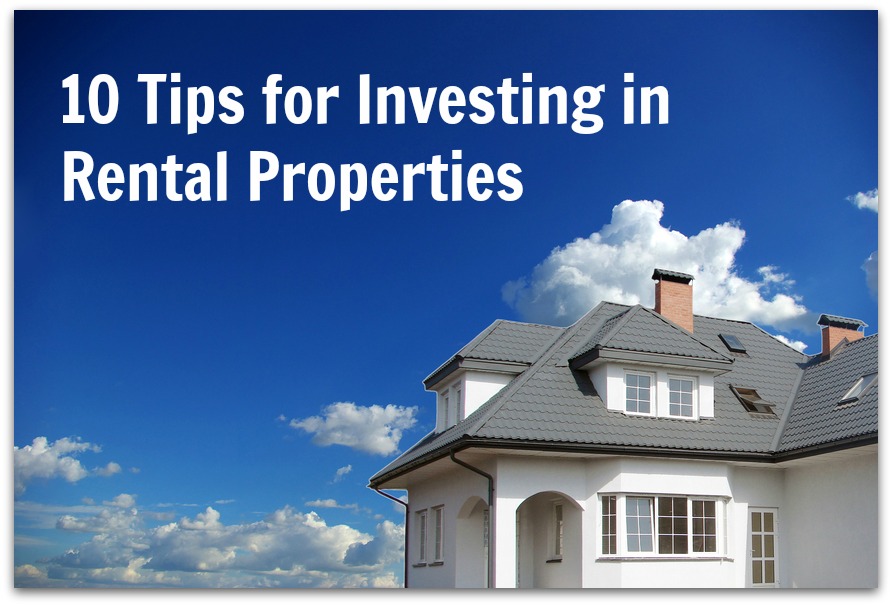Sales of newly-constructed single-family homes dropped 6.8% in June compared to May and were 18.1% higher than the pace in June 2014, the Commerce Department reported Friday.
June sales of new single-family homes reached an annual, seasonally-adjusted rate of 482,000,according to Commerce. That level is below the revised rate of 517,000 (annual, seasonally-adjusted) in May, but above the June 2014 estimate of 408,000. Friday’s numbers fell short of the expectations of economists surveyed by Bloomberg ahead of the report.
The volatile new home sales data tallies the number of newly constructed homes with a committed sale each month. Economists view it as a measure of economic momentum and an indicator of future consumer purchases of furniture and appliances. But the small sample size and a margin of error around 15% means the numbers often swing wildly.
The median price of a new home sold in June was $281,800; the average sales price was $328,700. At the end of June inventory stood at 215,000, a 5.4-month supply at the current sales pace. Lack of inventory continues to be a problem in the housing market, in terms of both new homes and previously-owned ones. Economists traditionally say a six-month supply is needed to balance supply and demand.
Separately, a Wednesday report from the National Association of Realtors showed sales of existing (previously-owned) homes in June hit their fastest pace in eight years. Pent-up demand is pushing up prices. In June, the median sales price for previously-owned homes hit a new high of $236,400. Groundbreakings on new homes also hit a new eight-year high in June, mostly on the strength of multi-family housing. Builder confidence in the market for new, single-family homes in July rose one point, to a level of 60. A reading above 50 indicates that more builders feel conditions are good than poor.










